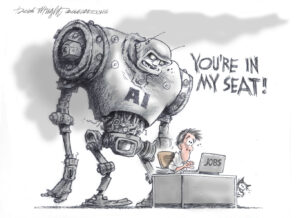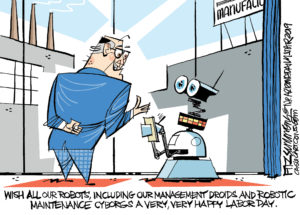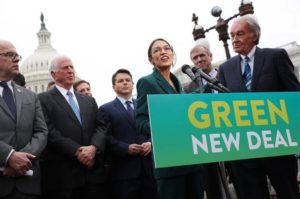Motorola CEO: Advantages to Manufacturing in U.S. Outweigh Costs
Showing off the Texas plant where his company's new flagship smartphone is assembled, Motorola CEO Dennis Woodside said, "It's a myth that you can't bring manufacturing here because it's too expensive."
Showing off the Texas plant where his company’s new flagship smartphone is assembled, Motorola CEO Dennis Woodside said, “It’s a myth that you can’t bring manufacturing here because it’s too expensive.”
The company, which is owned by Google, has marketed the new Moto X as the first smartphone made in America. Woodside says the proximity to the customer allows for the device’s high customization (AT&T subscribers can order the device in 252 color combinations). But it also means that the phone’s engineers can make changes without getting on a plane to China.
“We’ve observed that wages in Asia are going up, wages here are relatively steady, consumers care more about where their products are being built, and you have advantages of having design close to your manufacture. Those advantages will well outweigh the costs that we have today and those costs will go down over time,” Woodside is quoted as saying by The Verge.
Even though the phones are assembled in the United States, Motorola is still outsourcing. The plant in Texas is actually run by Flextronics, a company that maintains factories around the world. And although the Moto X is assembled in the U.S., many of its constituent parts are shipped over from Asia. Also, Motorola has previously clarified that customers in other countries will not receive phones made in America, so this isn’t necessarily an export business. Still, the idea is to reduce the distance from production to consumption.
It’s no accident that the phones are being made in Texas, a “right-to-work” state. The Atlantic reported last month that workers at the plant may be making as little as $9 an hour. That’s not much more than the local McDonald’s, and, in a standard workweek for a household of three or more, it will provide an annual wage below the poverty line.
If this is the future of American jobs, then it’s a bleak one.
— Posted by Peter Z. Scheer
Your support matters…Independent journalism is under threat and overshadowed by heavily funded mainstream media.
You can help level the playing field. Become a member.
Your tax-deductible contribution keeps us digging beneath the headlines to give you thought-provoking, investigative reporting and analysis that unearths what's really happening- without compromise.
Give today to support our courageous, independent journalists.









You need to be a supporter to comment.
There are currently no responses to this article.
Be the first to respond.